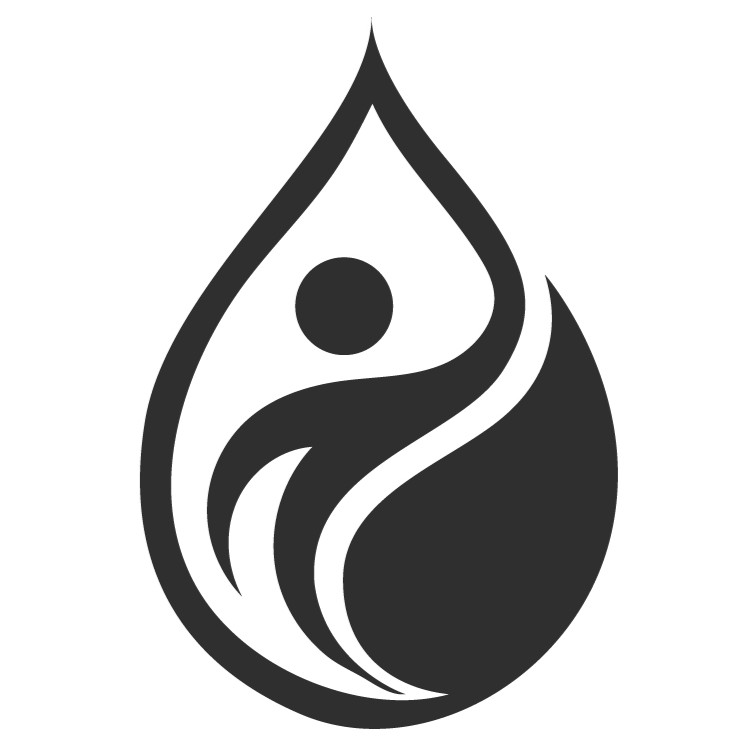Biologic Therapy
Conditions Treated with Biologic Therapies
Severe Asthma: Biologic therapies provide targeted control of severe asthma symptoms in patients who do not respond adequately to inhaled corticosteroids and other standard treatments, improving lung function and quality of life.
Chronic Spontaneous Urticaria (CSU): Biologic medications offer relief for individuals experiencing frequent, unexplained hives and swelling, reducing flare-ups and the need for daily antihistamines.
Nasal Polyps: Infused or injected biologics target the inflammatory pathways that drive nasal polyps, helping to shrink their size, relieve nasal congestion, and reduce the need for repeated surgeries or systemic steroids.
Psoriasis & Psoriatic Arthritis: Biologic and infusion therapies reduce systemic inflammation, manage skin and joint symptoms, and slow disease progression in patients with moderate to severe psoriasis and psoriatic arthritis.
Osteoporosis: Infusion-based treatments help increase bone density and reduce the risk of fractures in postmenopausal women and others at high risk, offering an alternative to oral medications.
Hyperlipidemia: Certain infusion therapies can significantly lower LDL (“bad”) cholesterol levels in patients who cannot tolerate or don’t respond to oral statins, reducing cardiovascular risk.
Anemia (Associated with CKD): Infused biologic agents stimulate red blood cell production in patients with chronic kidney disease, particularly those on dialysis, improving energy and reducing the need for transfusions.
*Please note that not all available medications are listed. If you do not see your medication, please contact our infusion center for assistance.
.png)



